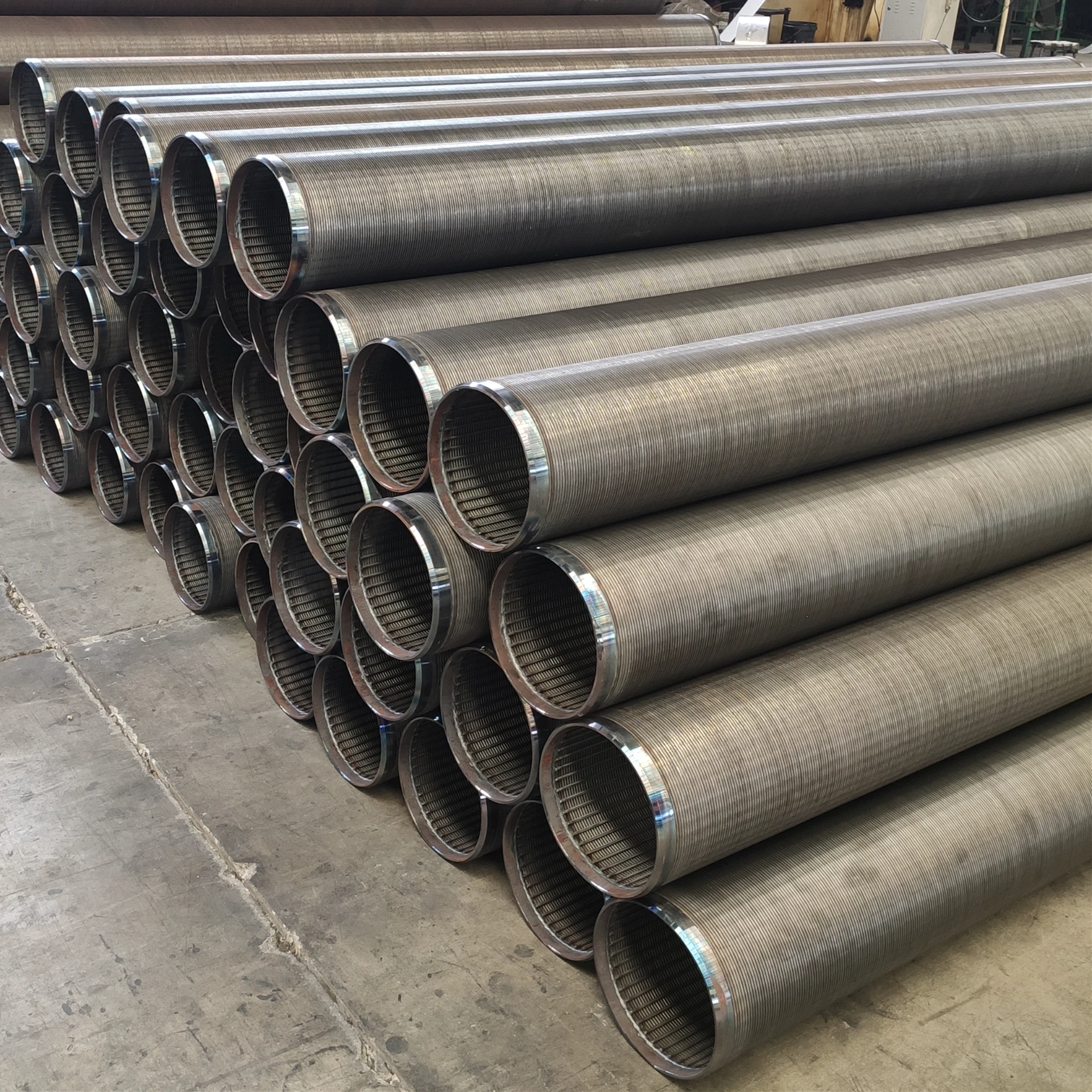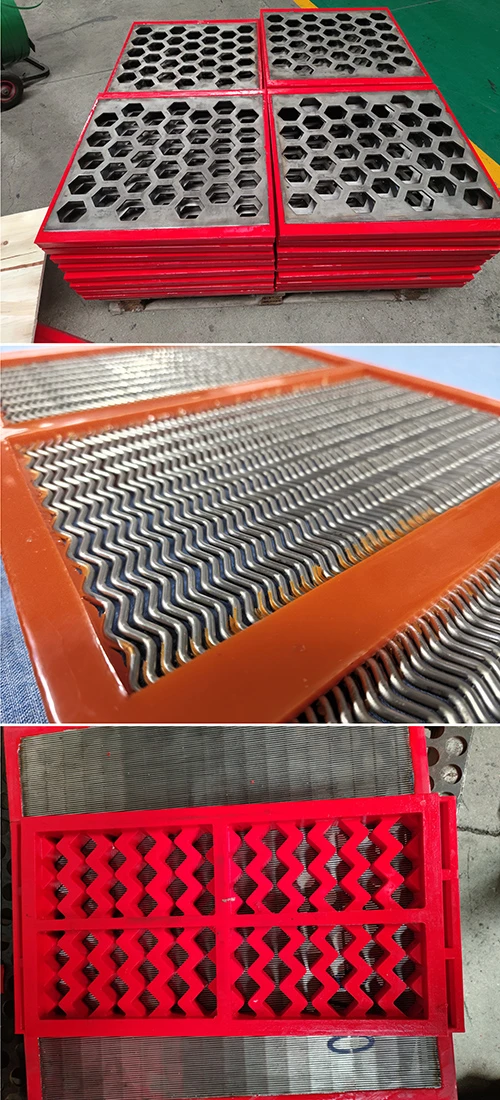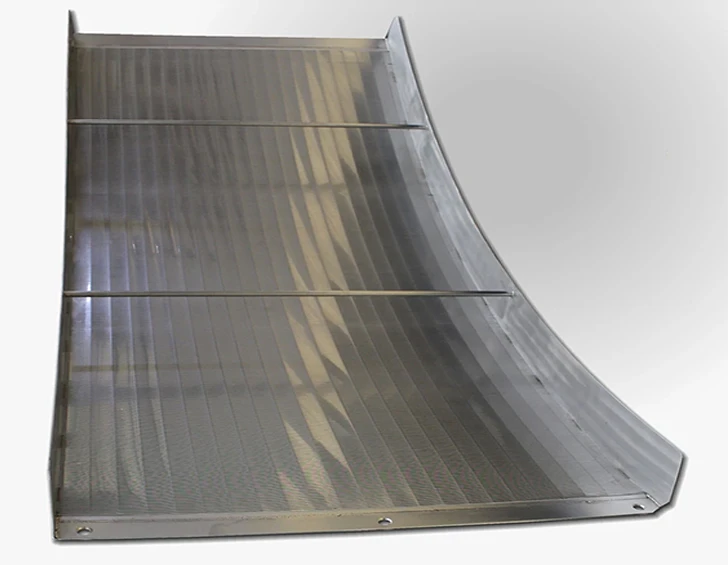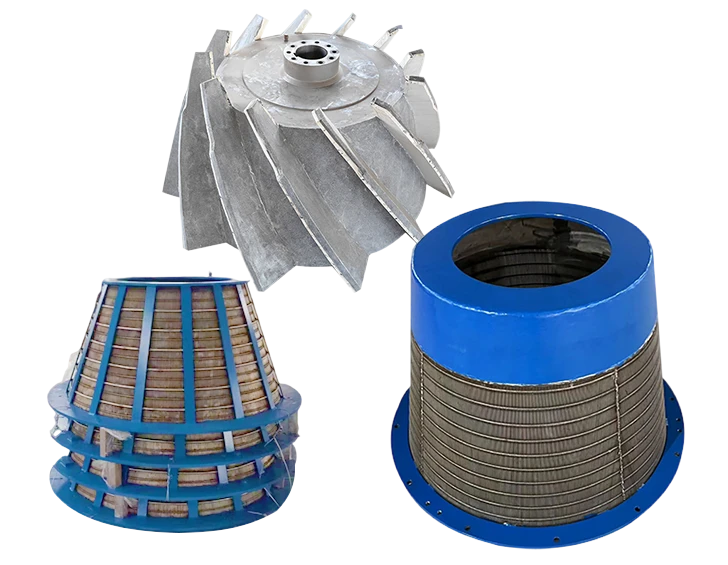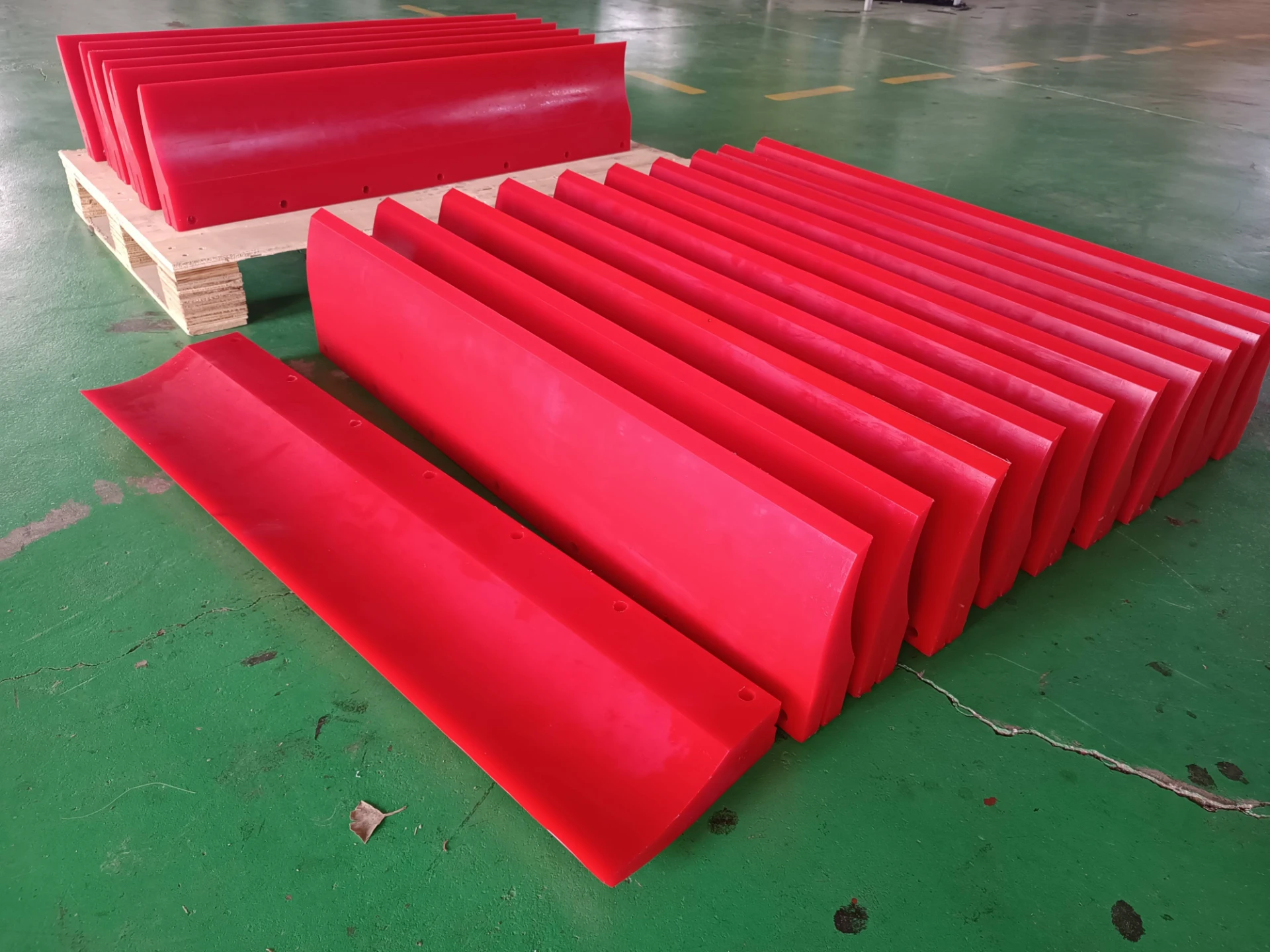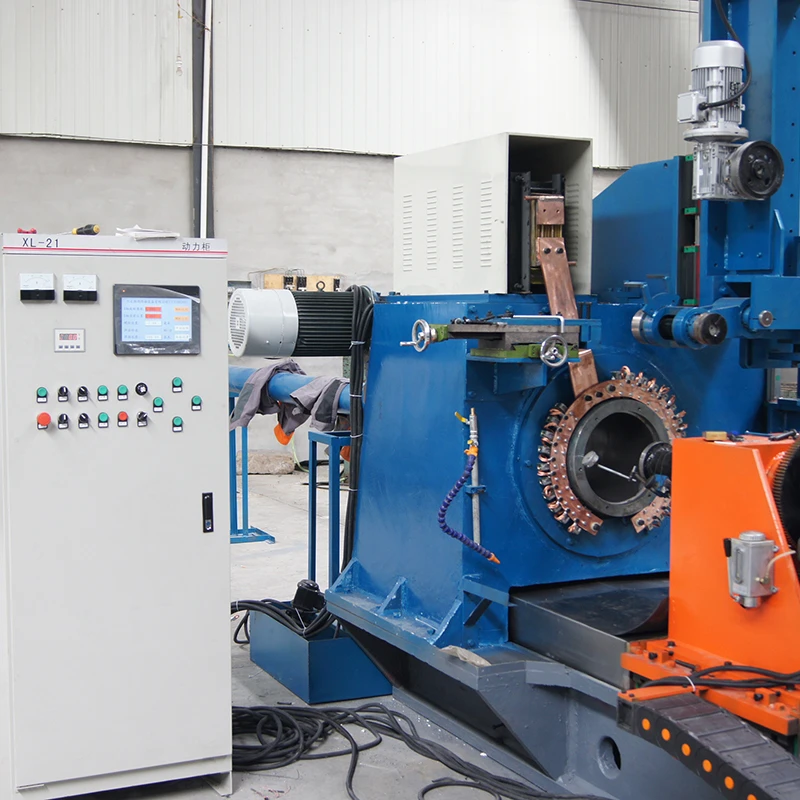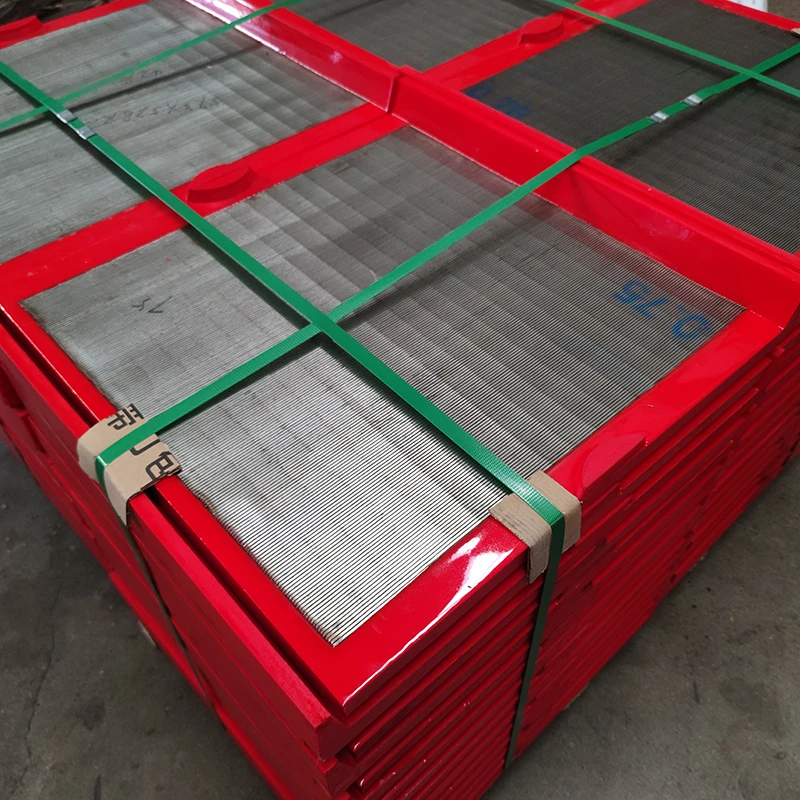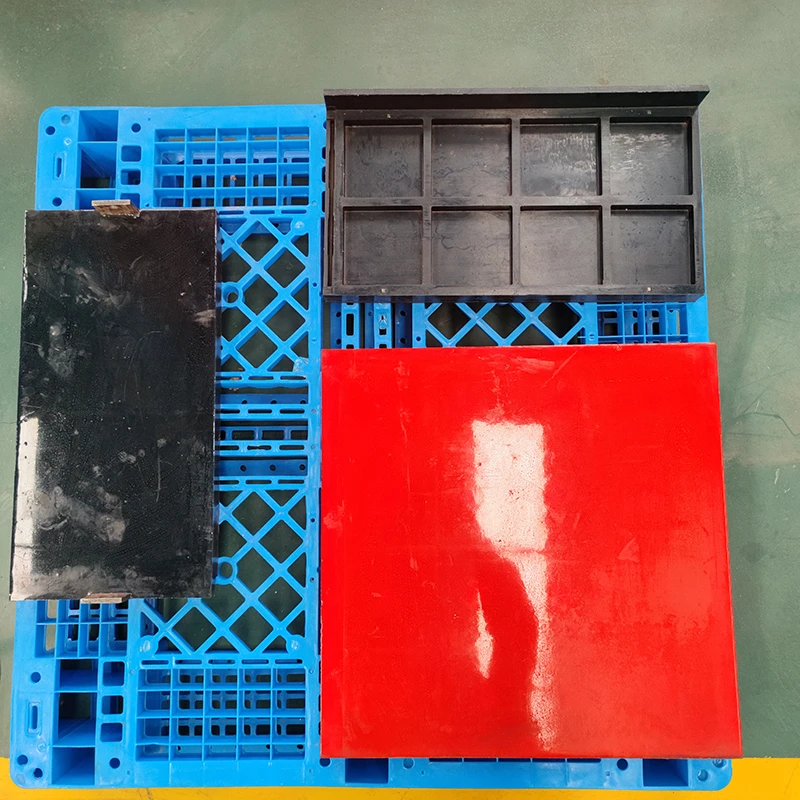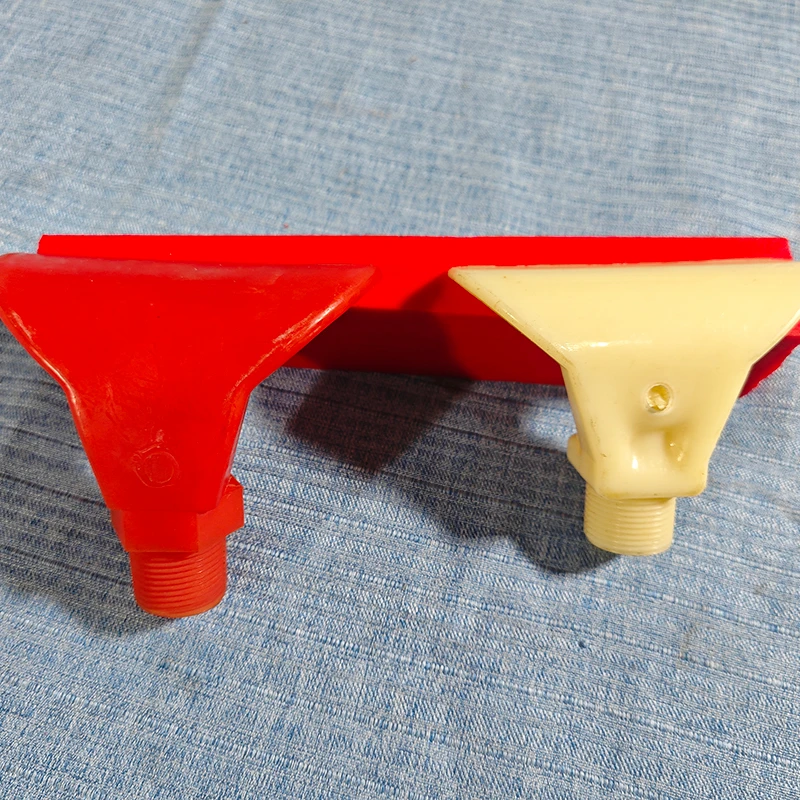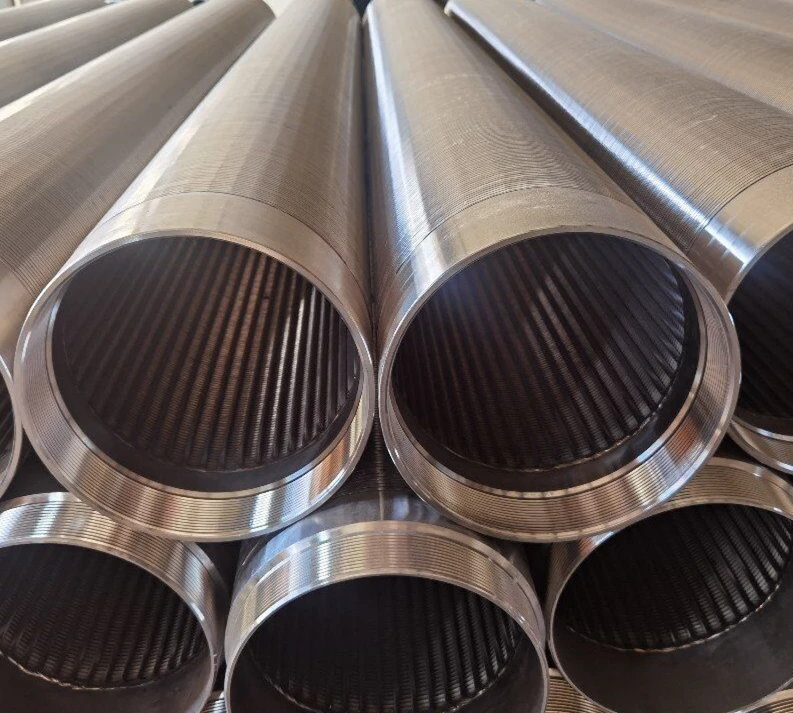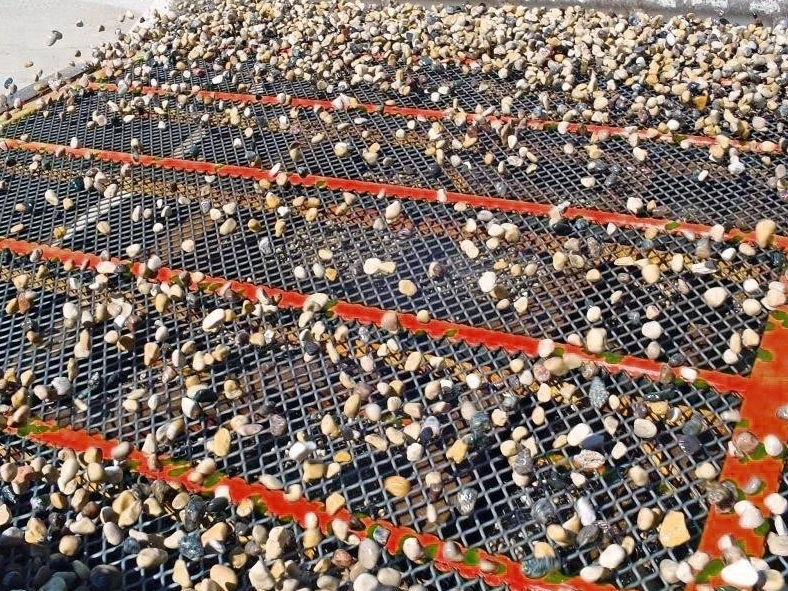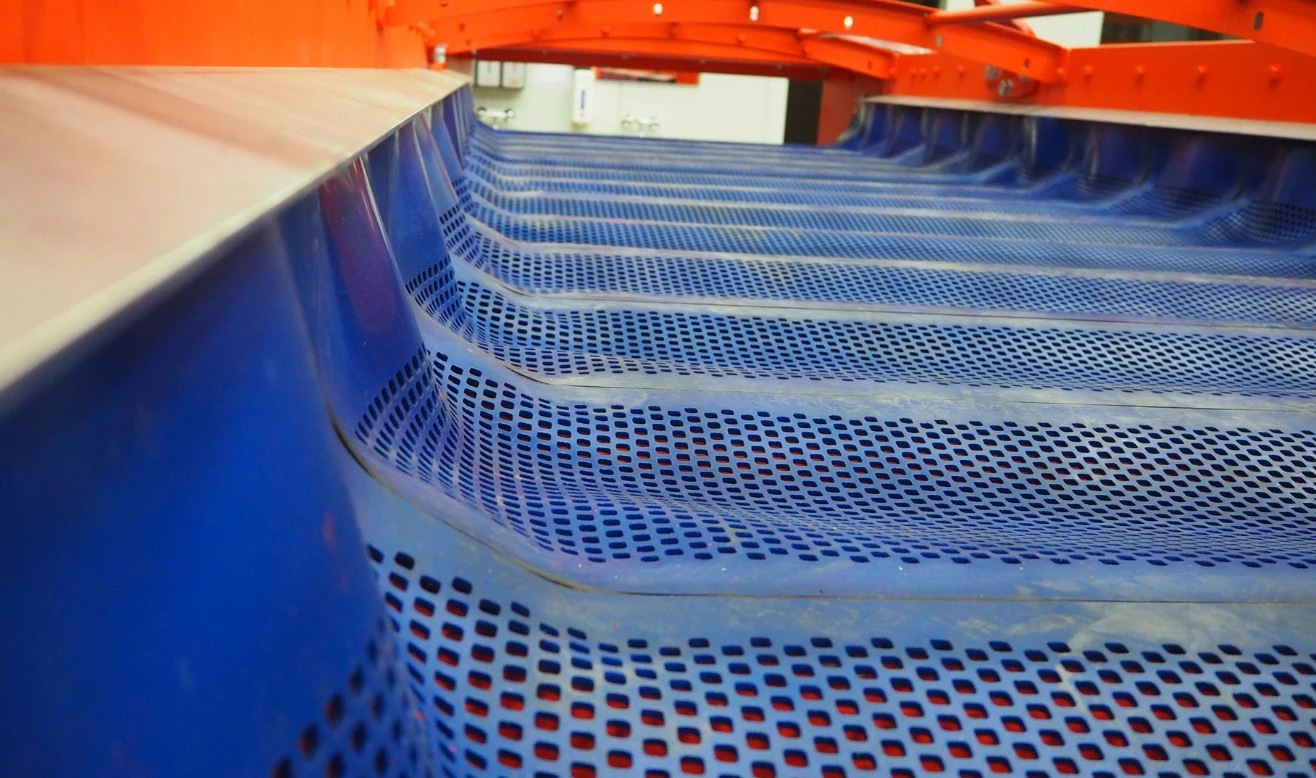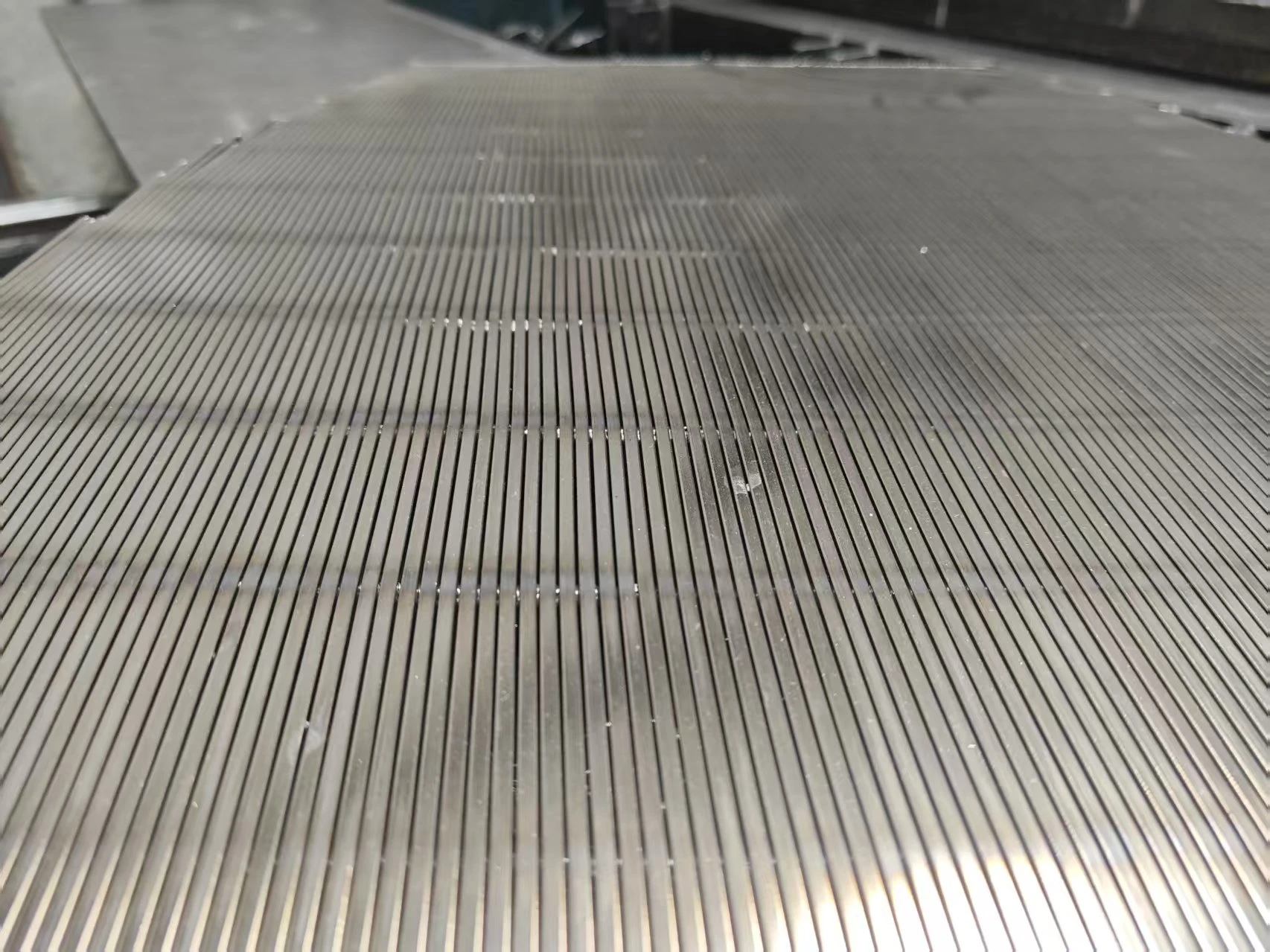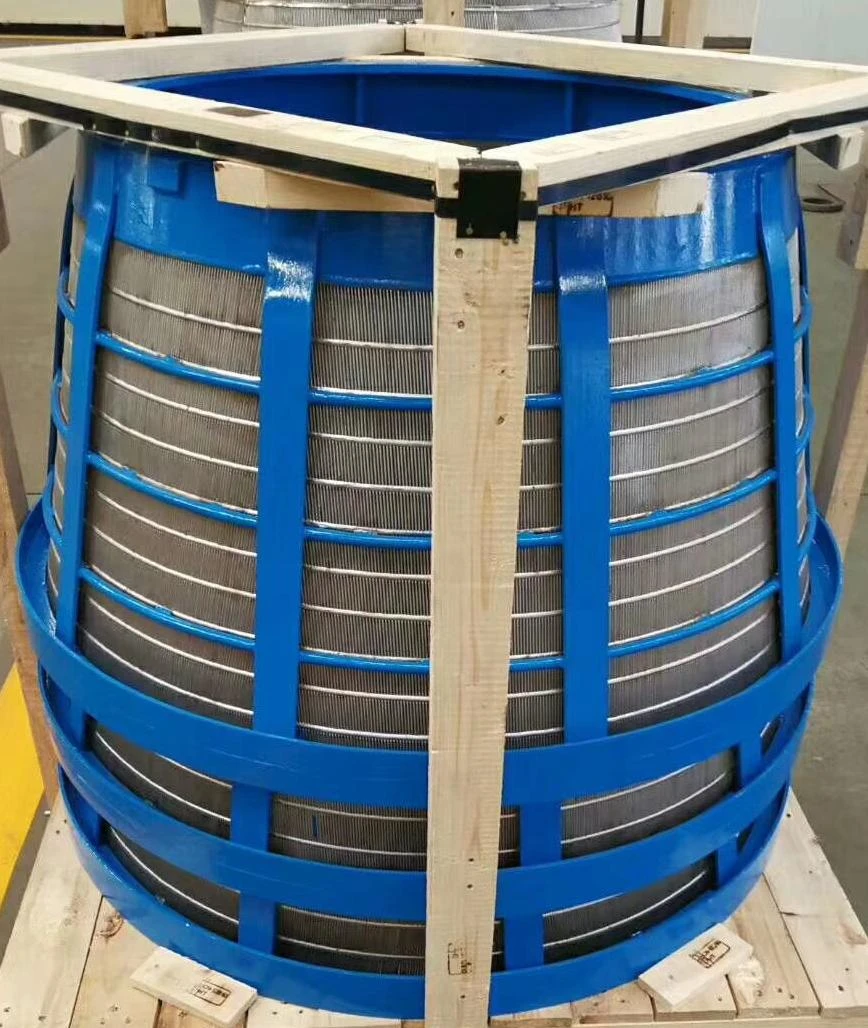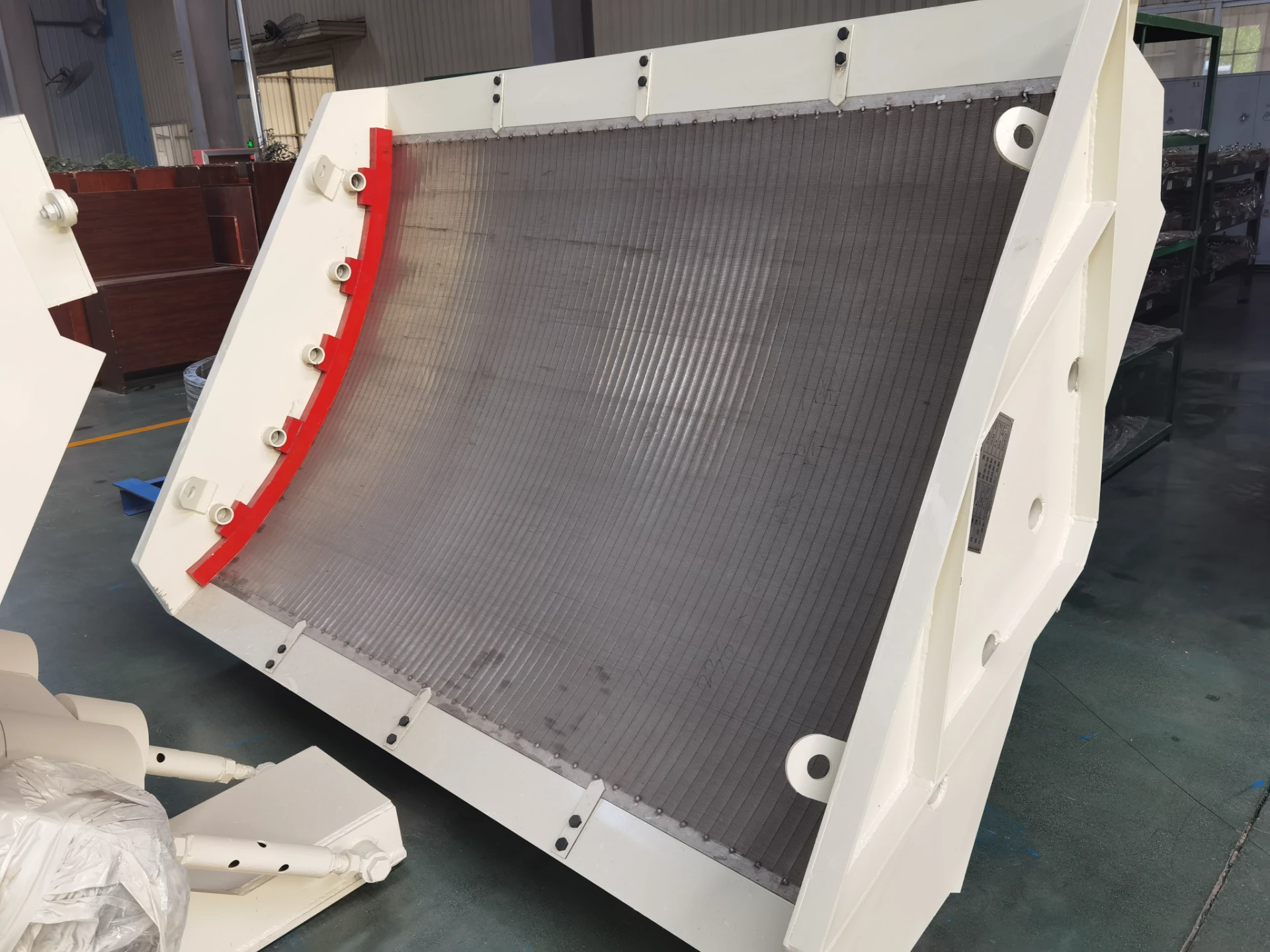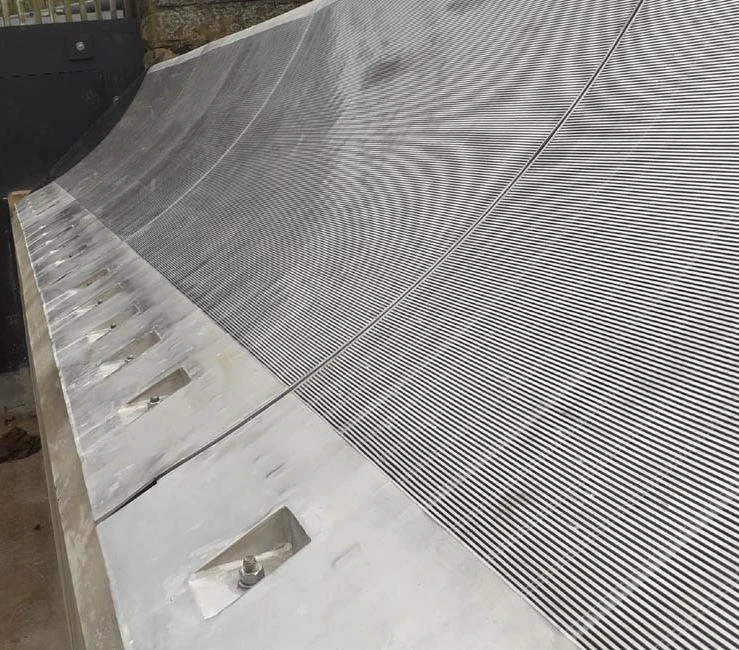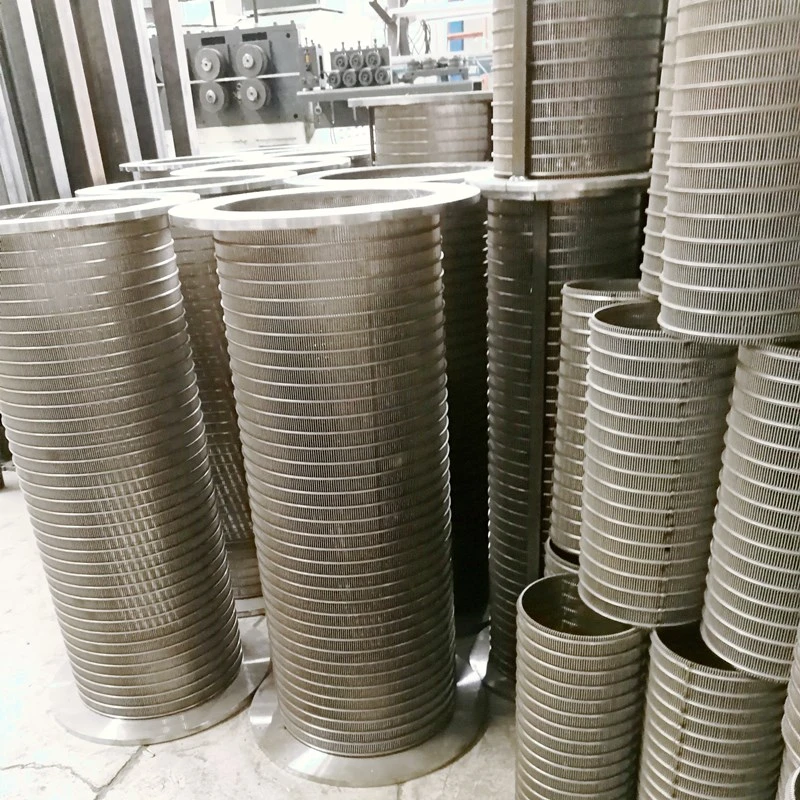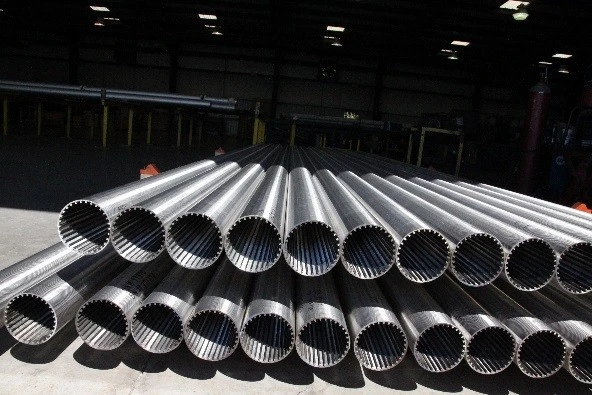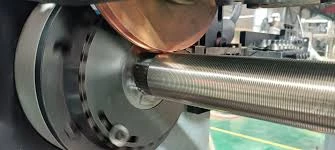In industrial filtration and separation processes, efficiency isn't just desirable; it's imperative. Downtime for maintenance, particularly cleaning, directly impacts throughput, operational costs, and overall productivity. Nowhere is this more evident than with rotary drum screens, critical workhorses in industries ranging from mining and mineral processing to water treatment and food production. Traditionally reliant on manual intervention or simplistic timer-based systems, cleaning these vital components often meant stopping the process, incurring labor costs, and losing valuable production time. However, the advent of intelligent automation, particularly for drum screen cleaning cycles, is revolutionizing this aspect of operations, delivering significant efficiency gains. As a leader in precision screening solutions, MUTO Wire Screen Co., Ltd. leverages its deep expertise in manufacturing robust rotating drum filters and advanced control systems to drive this efficiency evolution.
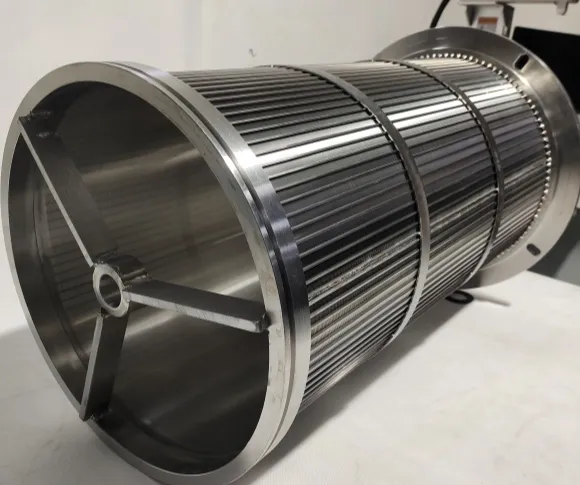
Founded in Anping County, renowned as the "Capital of Wire Mesh," and formerly known as Anping Zhanyuan Wire Mesh Factory (established 2010), MUTO Wire Screen Co., Ltd. has grown into a nationally recognized qualified manufacturer in China. Starting with stainless steel mesh, the company rapidly distinguished itself through outstanding performance in mining screens, wedge wire screens, and specialized screen welding equipment. This success led to the official registration of the "MUTO" brand in 2018, followed by strategic expansion with branches in Pingdingshan, Henan Province (2019), and Jixi, Heilongjiang Province (2023). MUTO's core philosophy revolves around "smart technology to create products," a commitment validated by its impressive portfolio of 12 screen technology patents and 4 equipment patents. Recognition as a "National Science and Technology Small & Medium-Sized Enterprise" (2023) and "High-Tech Enterprise" (2024) further underscores its innovative capabilities. Operating from substantial facilities – a 2500 sqm workshop dedicated to mining screens and wedge wire screen filter welding, and a 2000 sqm workshop for screen welding equipment production – backed by dozens of technical R&D members, MUTO specializes in a comprehensive range including wedge wire screens and filters, bend sieve screens, wedge wire screen filter welding machinery, modular and tension polyurethane sieves, woven steel mesh screens, perforated sheets, and innovative sieve-based components. This foundation in precision manufacturing and technological innovation is crucial for developing reliable automated cleaning solutions for rotating drum filters.
The Imperative for Intelligent Drum Screen Cleaning
Rotary drum screens, also known as wedge wire rotary screens or wedge wire screen cylinders, are exceptionally effective for continuous liquid/solid separation. Their operation involves feed material entering the interior of a horizontally or slightly inclined rotating drum. Liquid and undersize particles pass through the precisely engineered slots of the wedge wire surface, while oversize material is transported along the drum's length for discharge. However, depending on the feed characteristics (viscosity, solids content, particle size), blinding or fouling of the screen surface is inevitable. Traditional cleaning methods often involve:
- Manual Spraying:Requiring process stoppage, labor, and inconsistent results.
- Fixed-Timer Spray Bars:Operating irrespective of actual need, wasting water/cleaning agents, potentially insufficient during heavy fouling, or unnecessarily interrupting the process when not needed.
- Simple Level Sensors:Triggering cleaning only when overflow occurs, meaning blinding has already impacted performance.
These methods lead to inefficient resource use (water, energy, labor), unplanned downtime, reduced throughput, and inconsistent separation performance. Automating the cleaning cycle based on real-time process conditions is the key to overcoming these limitations.
Implementing Smart Automation for Rotating Drum Filters
True efficiency gains come from moving beyond simple timers to intelligent, sensor-driven automation. MUTO leverages its expertise in wedge wire screen design and manufacturing, combined with modern control systems, to implement sophisticated cleaning strategies for rotary drum screens:
- Real-Time Monitoring:Integrating sensors (e.g., differential pressure sensors across the screen surface, flow meters, turbidity sensors, motor load sensors) provides continuous data on the state of the drum screen.
- Intelligent Control Logic:A Programmable Logic Controller (PLC) processes sensor data. Instead of arbitrary time intervals, the PLC triggers the cleaning cycle (typically high-pressure water or air spray bars located inside or outside the rotating drum) only when predefined thresholds indicate the onset of blinding or reduced flow efficiency.
- Adaptive Cleaning:The system can adapt the intensity (pressure, flow rate) and duration of the cleaning spray based on the severity of the detected fouling. Light fouling might trigger a brief, low-pressure rinse, while heavy buildup initiates a longer, high-pressure clean.
- Optimized Resource Use:Automation ensures cleaning occurs precisely when needed and only for the necessary duration, drastically reducing water and energy consumption compared to fixed-timer systems.
- Seamless Integration:MUTO's systems are designed for easy integration into existing plant control systems (SCADA), providing operators with clear visibility and control over the drum screen performance and cleaning cycles.
Crucial to this system's effectiveness is the inherent cleanability and structural integrity of the wedge wire screen cylinder itself. MUTO's precision manufacturing ensures smooth, uninterrupted V-wire profiles and robust support structures that withstand high-pressure cleaning without damage. Our standard rotary drum screen specifications include:
|
Matériel |
Stainless steel 304/316L/321/310S, Duplex steel 2205/2507, Hastelloy, 904L, etc. |
|
Profil de soutien |
Triangular (V-shaped, wedge), square, round rod, flat bar, water drop |
|
Taille de la fente |
5μm - 5 mm |
|
Diamètre du cylindre |
100 mm - 2,500 mm or customized sizes |
|
Longueur |
Jusqu'à 6000 mm |
Operational Benefits of Automated Drum Screen Cleaning
Implementing intelligent automation for rotary drum screen cleaning delivers tangible, measurable benefits:
- Maximized Uptime & Throughput:By preventing severe blinding and reducing cleaning frequency to only essential intervals, the rotating drum operates closer to its full capacity for longer periods. Process interruptions are minimized or eliminated.
- Reduced Operating Costs:Significant savings are achieved through lower water and energy consumption for cleaning. Reduced manual intervention lowers labor requirements. Less wear on pumps and conveyors downstream, caused by flow fluctuations from blinding, also contributes to cost savings.
- Consistent Separation Performance:Maintaining a clean screen surface ensures consistent aperture size and flow characteristics, leading to more reliable and efficient separation of solids and liquids. Product quality and process stability improve.
- Extended Screen Life:Regular, optimized cleaning prevents the buildup of hardened or corrosive materials that can permanently damage the wedge wire screen Cleaning cycles tailored to actual need also reduce mechanical stress from high-pressure sprays.
- Enhanced Process Visibility & Control:Real-time data and integration with plant control systems provide operators with valuable insights into drum screen performance and the effectiveness of the cleaning strategy, enabling proactive adjustments.
- Resource Conservation:Minimizing water and energy use aligns with sustainable operational goals.
FAQs about Drum Screen
What types of fouling scenarios can automated cleaning handle effectively for a rotary drum screen?
Automated cleaning systems excel at handling various fouling types common with drum screens, including fine particle blinding within the slots, surface scaling or mineral buildup, and fibrous or sticky material accumulation. The key is the system's ability to detect the onset of reduced flow or increased pressure drop and respond with appropriately timed and pressured cleaning cycles before performance degrades significantly.
How does the automation system determine the optimal cleaning frequency for a specific rotating drum application?
The system doesn't rely on fixed schedules. Instead, it uses real-time sensor data (like differential pressure across the screen, flow rate, or motor load). The control logic is programmed with thresholds based on the specific process characteristics. When sensor readings indicate a predefined level of resistance or flow reduction – signaling the start of fouling – the cleaning cycle is triggered. This ensures cleaning happens precisely when needed.
Can automated cleaning systems be retrofitted to existing rotary drum screens?
Yes, in most cases, intelligent cleaning automation can be successfully retrofitted to existing rotating drum filters. MUTO engineers assess the specific drum screen model, its current configuration, and the process environment to design a compatible sensor and spray bar system integrated with a suitable PLC controller. This offers a cost-effective path to efficiency gains without replacing the entire drum.
What maintenance is required for the automated cleaning system itself on a wedge wire rotary drum screens?
Maintenance primarily involves regular inspection and potential cleaning of spray nozzles to prevent clogging, checking spray bar alignment, verifying sensor calibration and function, and ensuring the integrity of control system wiring. These checks are typically simple and integrated into routine plant maintenance schedules, far less demanding than the constant oversight required by manual cleaning.
How does the robust construction of MUTO's drum screen cylinder contribute to automated cleaning effectiveness?
The precision construction of our wedge wire screen cylinders, using high-grade materials and ensuring smooth, continuous V-wire profiles on robust support structures, is fundamental. This robust build allows the screen to withstand the high-pressure sprays used in automated cleaning without warping, wire displacement, or premature wear. A structurally sound screen surface ensures cleaning jets effectively dislodge debris, maintaining optimal slot integrity and flow characteristics over the long term.
The automation of cleaning cycles for rotary drum screens represents a significant leap forward in industrial filtration and separation efficiency. Moving beyond manual or timer-based methods to intelligent, sensor-driven systems unlocks substantial benefits: maximized process uptime and throughput, reduced operational costs (water, energy, labor), consistent separation performance, extended drum screen lifespan, and enhanced resource conservation. MUTO Wire Screen Co., Ltd., drawing upon its foundation as a high-tech manufacturer specializing in precision wedge wire screens, rotating drum filters, and innovative equipment, is at the forefront of providing these advanced automation solutions. By integrating robust wedge wire screen cylinder manufacturing with intelligent control technology, MUTO empowers industries to optimize their rotary drum screen operations, achieving new levels of productivity and cost-effectiveness. Embracing this automation is not merely an upgrade; it's a strategic investment in operational excellence.

